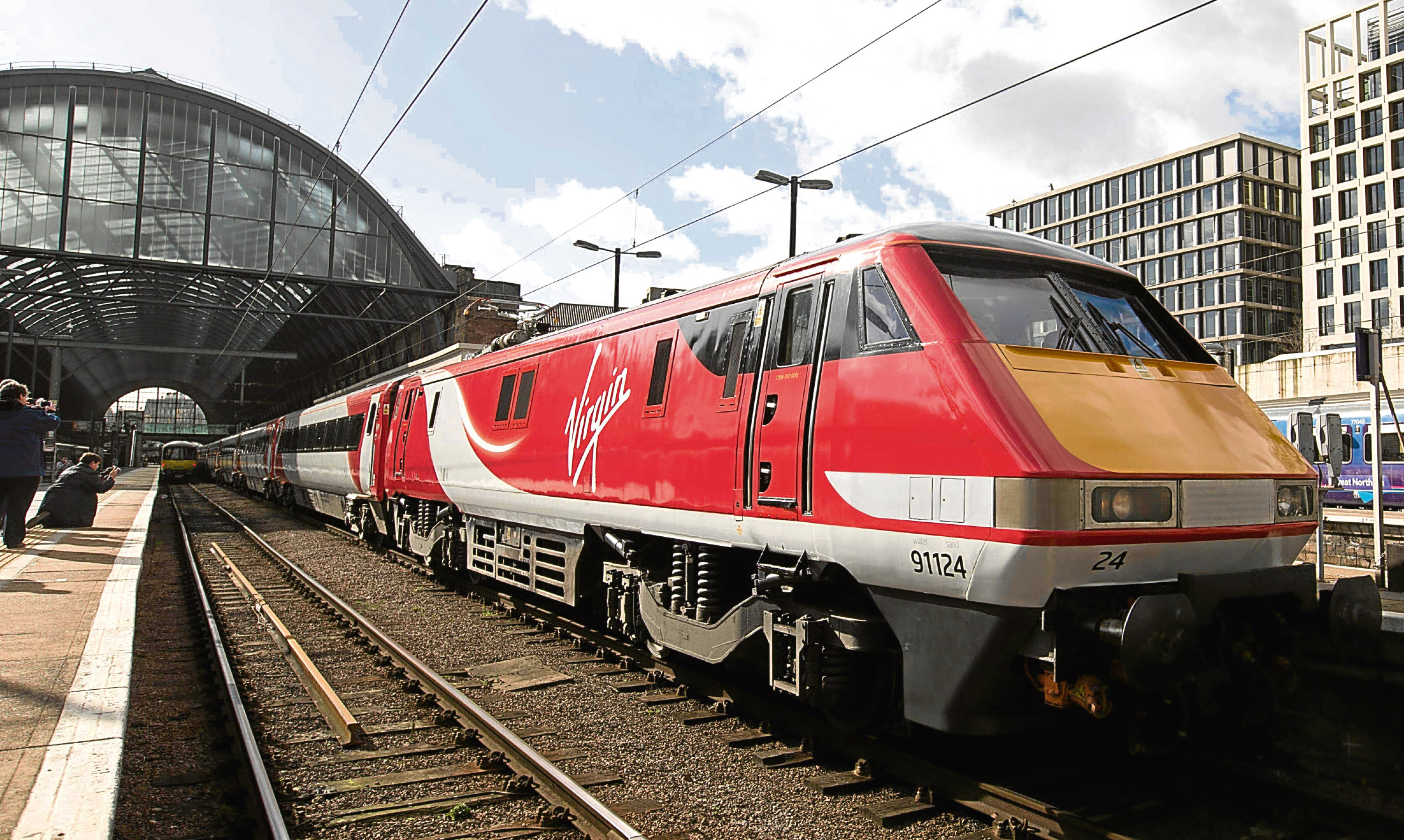Profits at Stagecoach have been slashed as the public transport giant was forced to make a £84.1 million provision against future losses in one of its main rail franchises.
The Perth headquartered group said it was in talks with the Department for Transport over “contractual matters” and obligations relating to the Virgins Trains East Coast franchise.
However, it confirmed that the move to make the financial provision against the Scotland to London service was a separate matter which reflected the likelihood of the franchise being loss-making for the next two years.
Shares in the group moved more than 5% lower in early trading exchanges as investors digested the statement.
Chief executive Martin Griffiths said the issue with Virgin East Coast had been flagged previously and the overall group results were in line with expectations, with full year dividend progress of 4.4%.
He said the company was being buffeted by macro economic conditions, political uncertainty and the impact of the recent UK terror attacks.
However, he said he believed the group continued to have strong fundamentals.
“Big picture – the long term prospects are still good and there are many opportunities for us from population growth, changes in technology, congestion, and the whole debate about air quality,” Mr Griffiths said.
“ But the short term is more challenging.”
The exceptional charge weighed heavily on the group, with statutory pre-tax profits for the year to April 29 coming in at £17.9m, down from £104.4m a year earlier
Excluding asset expenses and exceptional items, the group’s pre-tax return for the year was £158.7m, down from £187.4m in 2016.
Revenues were higher – up £70m at £3.94 billion – but Stagecoach said the rate of growth was slower than had been seen in previous years.
On a sectoral basis, the wider UK rail operation delivered 1.5% revenue growth during the year, with sales rising to £2.16bn.
Operating margin was squeezed and the unit lost the South Western franchise, however, it was recently shortlisted for the new East Midlands and South Eastern operations and has formed a joint venture with Virgin and SNCF to bid for the West Coast Partnership franchise.
The group’s regional UK bus business saw revenues move 1.7% lower to £1.01bn and its London-operation saw a 1.4% fall to £267.1m.
A 2.4% fall in sales to $632.3m was also seen in the group’s Stateside operation, although Mr Griffiths said significant progress had been made in the unit and the wider bus business.
Innovations include a new mobile app and the further roll-out of contactless pament on the UK fleet.
“It is steady as we go,” Mr Griffiths said of the bus operation.
“The numbers are down year on year but that, I think, reflects the environment in the short term which is challenging across the whole of public transport.
“But we are making a lot of progress.”
He added: “The fundamentals for the business are still good.”
